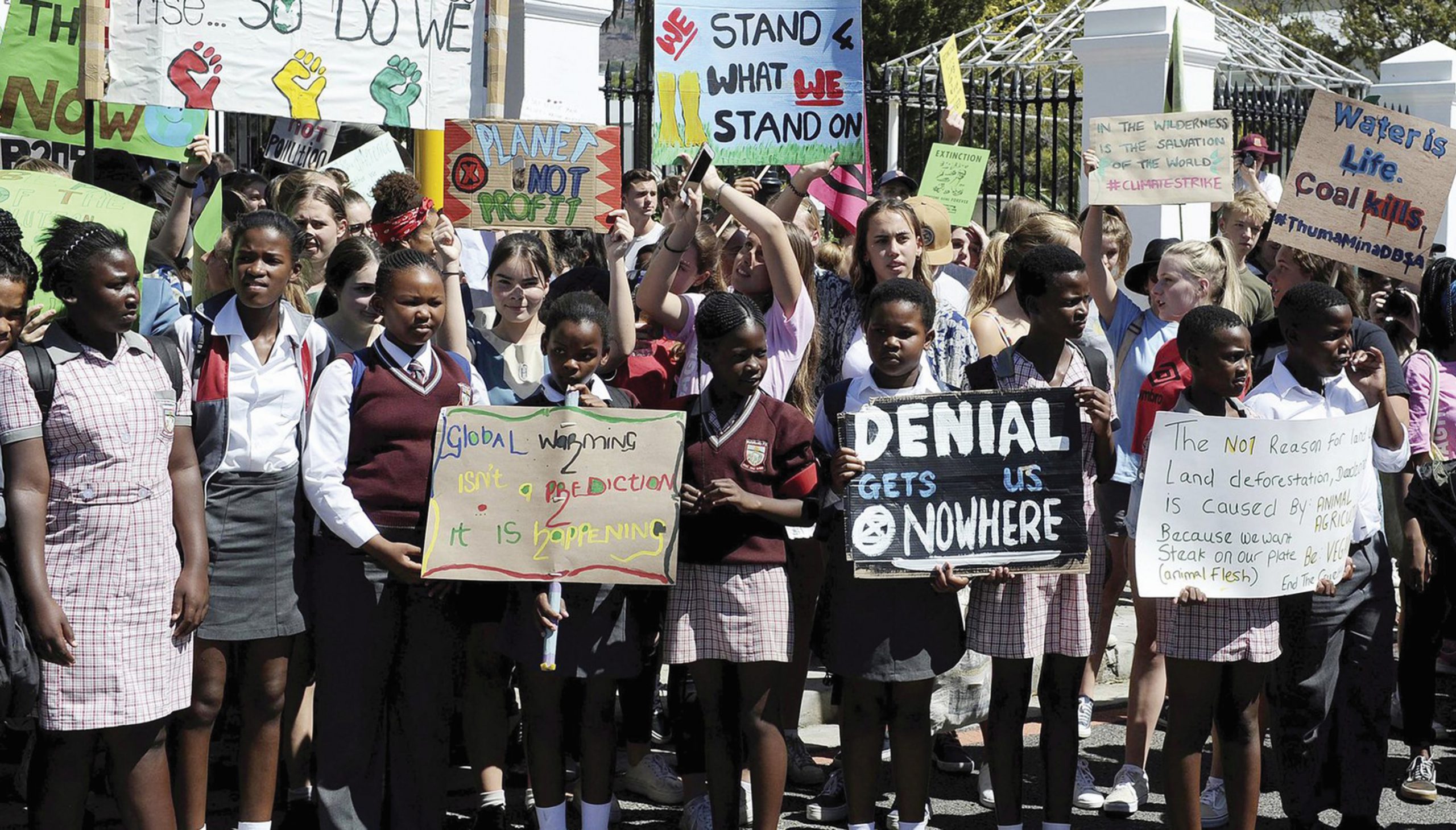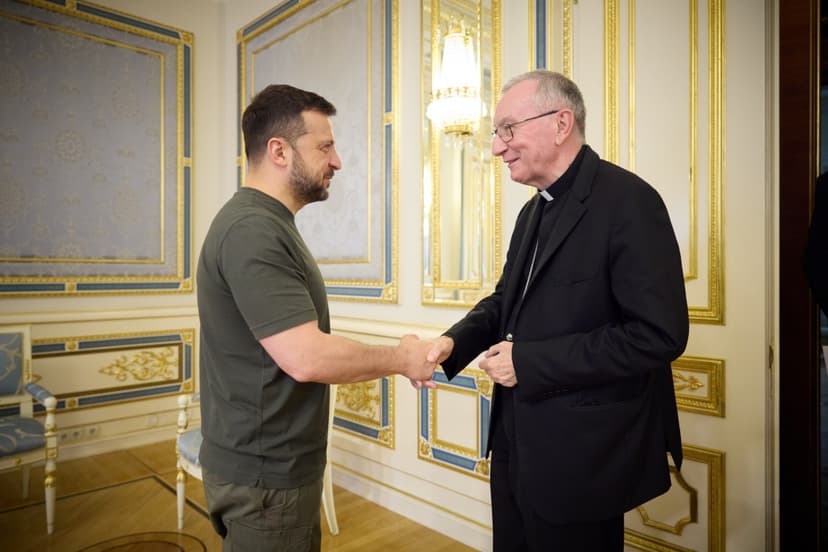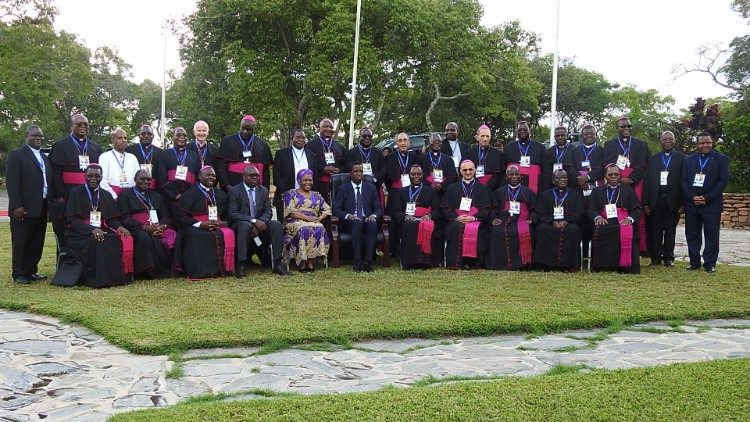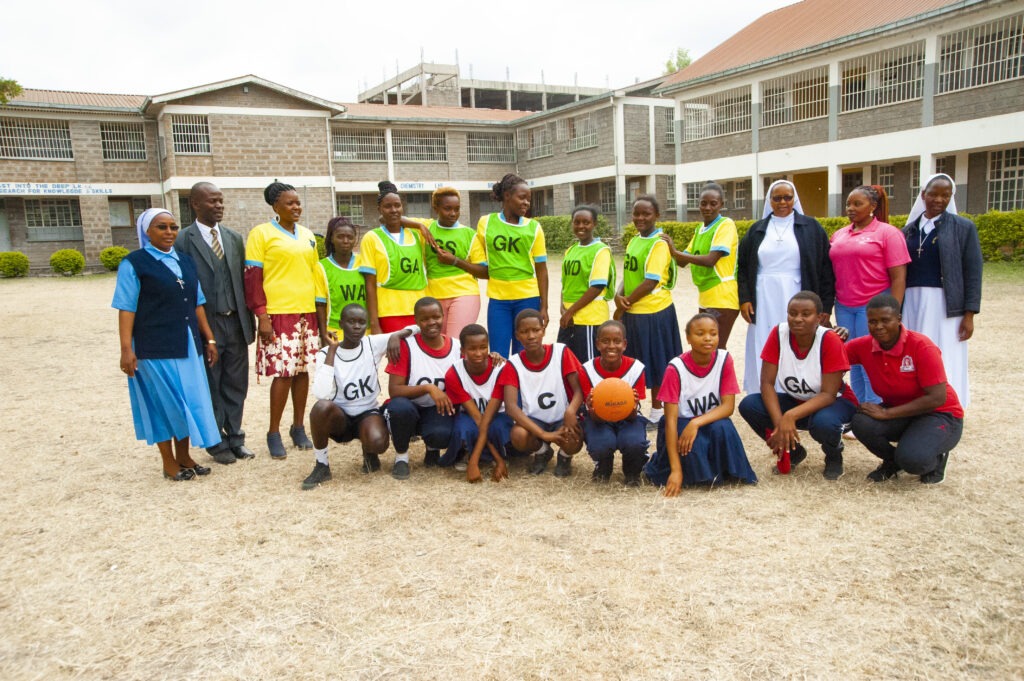There is a valid hermeneutic of suspicion regarding science and scientists. But let nobody write off scientists as fools. Knee-jerk ideological ‘denialism’ is ignorant and irresponsible, and can endanger lives for generations to come. Today’s technology and science-driven revolution offers unprecedented opportunities to embrace cleaner, greener and more efficient solutions to sustainable development.
By Peter Knox, SJ
Many of us are quite resistant to science. Maybe it is a fear of all those numbers. I remember tears and frustration as my elder sister was doing her maths homework in high school. Certainly, some of my own students are ideologically opposed to a discipline that they perceive to be ‘Western’ (although some of the world’s best mathematicians were Arabic). Perhaps, we had such weak science teachers – who, in turn, had had such weak teachers – that we simply do not have a culture of doing empirical science.
However, we do have some outstanding scientists in Africa, who rank among the best in the world and take the leadership in international research programmes and publishing. Their insights from Africa, this rapidly developing continent, help their colleagues to remain focused on what should be global priorities for research and funding.
Of course, ‘science’ is expensive. It depends on making hypotheses based on solid evidence, then testing these hypotheses, and trying to refine them. Often, this can only happen in a laboratory, with costly specialised equipment. Many times the progress of science is slow, because it relies on observation of events that may take a long time to play out. For example, studying changing populations of large mammals or tree species can take years. Do we have the funding or patience for that?
‘Pure’ and ‘applied’ science
 Often the distinction is made between ‘pure’ and ‘applied’ natural sciences. The former is to explain what is going on in the world – of the atom, the virus, chemical decay, biotic communities, etc. Their experimental method should always be taking them forward in the quest for knowledge. They are bound by a strict code of ethics not to harm any living subjects, now or in the future. But knowledge for the sake of knowledge does not attract much funding.
Often the distinction is made between ‘pure’ and ‘applied’ natural sciences. The former is to explain what is going on in the world – of the atom, the virus, chemical decay, biotic communities, etc. Their experimental method should always be taking them forward in the quest for knowledge. They are bound by a strict code of ethics not to harm any living subjects, now or in the future. But knowledge for the sake of knowledge does not attract much funding.
The other division of science – ‘applied’ science – is where the money can be made. Many times, however, there is often not much distinction between ‘applied’ science and technology or manufacturing. These scientists apply the insights of pure scientists to areas like medicine, agriculture, transport, housing, resource extraction, communications, water supply, pollution control, etc. It takes judgment and insight to apply these technologies in ways that will not damage the environment or the quality of life of any living creature.
It is often this dimension of science that receives the most negative appraisal, when industrialists and politicians place profits before people or the planet. Also when inappropriate ideas of industrialisation or ‘modernisation’ are applied in the name of ‘development’, they can do great damage to our fragile planet and all the creatures who share it.
Mistrust in science
Some of our compatriots have been suspicious of the science that has kept many of us alive during the Covid-19 pandemic. Certainly, the virus is not of our own (African) making (though it could have been). Without really understanding the ‘science’ of Coronavirus and viral epidemiology in human populations, some of my colleagues fell back on tested traditional practices, like steam inhalation and various concoctions (of local and foreign origin).
There was also a worldwide rush to buy a veterinary medicine, because somebody had announced (with minimal evidence) that it would boost blood oxygen levels. Happily, all of my colleagues are still alive, and their use of concoctions, inhalation and veterinary medicine has certainly helped them – given them the faith to face the virus, perhaps boosted their confidence level in the face of so much confusion and panic. This alone is thought by some to raise immunity levels. But they have also adhered to medical advice of social distancing, sanitising and mask-wearing.
We cannot deny that the scientists and medical fraternity got a lot wrong during the pandemic. In the early days, we were told that the virus was not airborne, but was transmitted by surface contact. And so, it was unnecessary to wear masks. I wonder how many lives were lost because of that misinformation.
Quest to improve knowledge
We can safely say that “science is not always right”. Most scientists would agree with that. They are on a constant quest to improve their knowledge and understanding of what is going on in the world. When that quest stops, then you can be sure that the science has stopped.
In fact, what Pope Francis wrote about theologians, in his Apostolic Constitution Veritatis Gaudium (‘the Joy of Truth’) –On Church Universities and Faculties, published on 8th December 2017, can equally be applied to scientists: “The theologian who is satisfied with his complete and conclusive thought is mediocre. The good theologian and philosopher has an open – that is, an incomplete – thought, always open to the maius [greatness] of God and of the truth, always in development”. A scientist who thinks he or she has all the answers is no longer open to the mysteries that should be receiving all their attention.
No excuse for ignorance
 Some of us think that a lot of science is ‘Western’ and, therefore, potentially ideologically suspect, or, at least, not entirely open to some African insights into the matter at hand. But, then, equally, some African scientists can be ideologically blinkered when they do not pay due attention to their colleagues in other parts of the world.
Some of us think that a lot of science is ‘Western’ and, therefore, potentially ideologically suspect, or, at least, not entirely open to some African insights into the matter at hand. But, then, equally, some African scientists can be ideologically blinkered when they do not pay due attention to their colleagues in other parts of the world.
We have the privilege of living in an age where information can flow easily (although sometimes not freely), where there is little excuse for not knowing what is being published in other parts of the globe. We all have to distinguish between fact and our opinions of the way we might like things to be.
Whether they care to admit it nor not, scientists can be in debt to the various interests that are providing their research funding. Notoriously, tobacco, pharmaceutical and petrochemical companies have swayed scientific research over the decades. Doctors have encouraged people to smoke, against all evidence that smoking tobacco has direct causal links to cancers.
Denying facts out of interest
George W. Bush and Donald Trump will go down in history as infamous climate-change ‘denialists’, who put the interests of the USA oil and coal industries (respectively) ahead of the science that linked these fossil fuels to increasing climate disruption. Their two presidencies have delayed the US obligation to combat climate change by 12 years. A few nights ago, an anonymous listener phoned in to a radio programme to express his opinion that Covid-19 vaccines are simply a ploy by big pharmaceutical companies to boost their sales worldwide.
There is a valid hermeneutic of suspicion regarding science and scientists. Scientists might even be collectively deluded across the world. But let nobody write off scientists as fools. Their craft is not based on hearsay, anecdotes, or perceptions. Many of them spend decades researching to understand their area of specialisation. Knee-jerk ideological denialism is ignorant and irresponsible, and can endanger lives for generations to come. Covid-19 is real!
Climate change is more and more disruptive. Vital species of plants and animals are becoming extinct. Pollution is a problem. Vaccines do work. Population growth is a serious issue.












